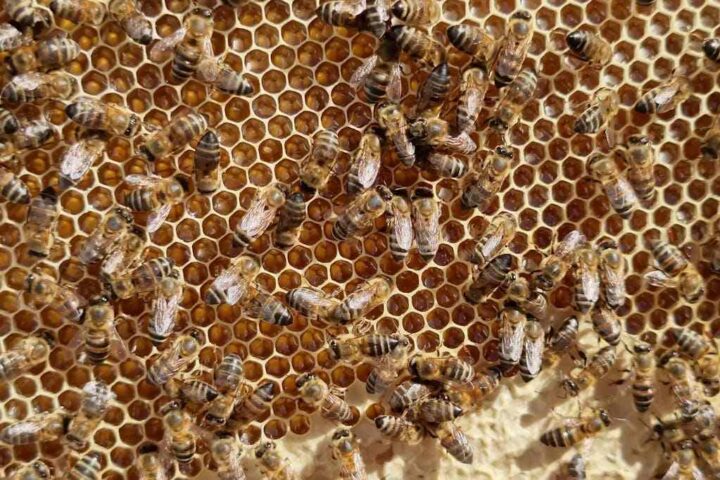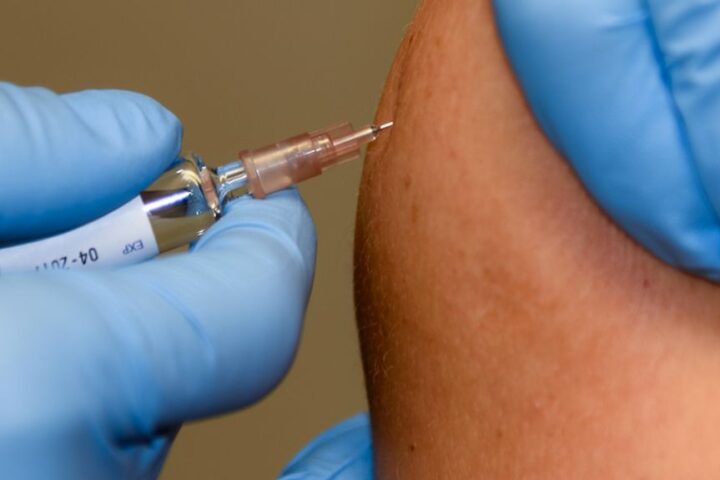Air pollution is becoming the new normal as air quality stoops slowly and consistently. Lifestyles with a byproduct as air pollution are being adopted unknowingly as our societies reach the pinnacle of technology and convenience. Mostly the causes for air pollution are vehicular emissions, industrial pollution, domestic smoke, wildfires, crop fires etc. Many home products are minor to medium air pollutants. In the past many reports connecting air pollution and health diseases have been published. Many of these reports categorise the elderly and children as the most vulnerable to air pollution.
A comprehensive new study, examining potential health risks from low levels of air pollution exposure in 68.5 million older Americans was published by Health Effects Institute. Reporting risks of mortality, including at the lowest levels of exposure to fine particulate matter (pm2.5) even below current U S National Ambient Air Quality Standards(NAAQS).
The study assessing adverse health effects of long- term exposure was carried out by Prof. F. Dominici and her team for four long years. The team reported a 6% to 8% increased risk of mortality among the people who were exposed to air with extra 10 micrograms per cubic meter (µg/m3) of PM2.5. The report was reviewed by the HEI Low-Exposure Epidemiology Studies Review Panel to confirm the conclusions. As per HEI’s latest Global Burden of Disease – Major Air Pollution Sources report, a major source of PM2.5 comes from the burning of fossil fuels, accounting for more than 1 million deaths globally.
America’s current annual national standard of 12 µg/m3 is about to be reviewed by the EPA. This level is higher than WHO’s recommendation. The findings from Prof. Dominici & Team’s report suggests that 143,257 deaths could have been prevented between 2006 and 2016 if the national air pollution standard would have been stricter.
Although air pollution has been declining over the past few decades in many higher income countries, several studies published in the past decade have reported greater risk of mortality & long- term exposures to low concentration of air pollutants.
As per India’s Central Pollution Control Board the air pollution standard for healthy air quality is 50µg/m3. This level is 5 times more than the recommended levels by WHO. The AQI in many parts of India cross these national standards every day. The Findings of the report by Prof. Dominici & Co. are to be taken into consideration while dealing with variants of Covid-19 and timely action & precaution can save millions of people all over the world. Prevention is always better than cure.

Low Levels Of Air Pollution Fatal For Older People – Research Finds
Latest from Health

Nipah Virus Returns to Kerala: 38-Year-Old Woman Tests Positive as 345 Contacts Monitored
A 38-year-old woman from Thachanattukara in Kerala’s Palakkad district has tested positive for the deadly Nipah virus, putting the southern Indian state on high alert. She is currently receiving treatment at a

Blood Cancer Research Confirms CEBPA Gene Mutation Cuts Survival from 31 to 15 Months in MDS-AML Progression
Scientists at the University of Birmingham have developed a powerful new breakthrough lab model that could speed up the search for treatments for an aggressive blood cancer, according to research published in

Australia’s Health Star Rating System at 32% Adoption While One-Third of Products Show NOVA Mismatch
Australia’s Health Star Rating (HSR) system turns ten this year, but nutrition experts warn this government-backed food label might be steering families toward unhealthy choices rather than helping them. Launched in June

Ozempic Helps 36% of Type 1 Diabetes Patients Hit All Treatment Goals While Placebo Group Shows Zero Success
A new study reveals that Ozempic, a drug widely known for treating type 2 diabetes, may also benefit people with type 1 diabetes who struggle with weight issues. In a groundbreaking clinical

Kate Middleton: Cancer Recovery “Really Difficult” Despite Remission Status
Princess Kate spoke openly about her ongoing cancer recovery challenges during her first public appearance since missing Royal Ascot. Visiting Colchester Hospital’s Wellbeing Garden on July 2, 2025, the 43-year-old royal revealed

Native Australian Bee Honey Works Against Germs Even After 18 Years When Regular Honey Fails
Australian scientists have found a potential new ally in the fight against hard-to-treat infections – honey from tiny native stingless bees that packs a powerful germ-killing punch, even after years of storage.

China Bat Study Reveals 20 New Viruses with 71% Genetic Match to Fatal Nipah and Hendra Pathogens
Scientists have discovered 20 previously unknown viruses in bats living near human settlements in China, including two that are closely related to deadly diseases that can infect people. This finding has experts

AI Chatbots Generate 88% False Health Information When Manipulated, New Study Warns
A new study has revealed that popular AI chatbots can be programmed to spread harmful health misinformation that looks trustworthy. Researchers found that four out of five leading AI systems generated false

Coffee’s Anti-Aging Power: 1-2 Daily Cups Reduce Mortality by 14% While Black Coffee Supports Longevity
Recent studies reveal that your daily coffee habit might be doing more than just waking you up – it could be adding years to your healthy life. Research published in the European

RFK Jr. Replaces All 17 CDC Vaccine Experts With 8 Critics as 1,200+ Measles Cases Reported Nationwide
Health Secretary Robert F. Kennedy Jr. has dramatically reshaped U.S. vaccine policy by replacing all 17 members of the CDC’s Advisory Committee on Immunization Practices (ACIP) with eight new appointees, many skeptical

Jenny Mollen Lost 25% Blood After Weight Loss Drug Microdosing Triggers ER Emergency
Jenny Mollen had to be rushed to the hospital after a scary reaction to a weight loss medication. The 46-year-old actress, who’s married to “American Pie” star Jason Biggs, lost one-fourth of

New Ovarian Cancer Drug Combo Shows 42% Response Rate vs 16% with Standard Therapy
Low-grade serous ovarian cancer (LGSC) has long been one of the most challenging forms of ovarian cancer to treat. It affects younger women, resists standard chemotherapy, and often leads to late recurrences.

Pesticides Alter 306 Gut Bacteria Processes, Ohio State Map Reveals Potential Protective Microbe
Scientists at Ohio State University have uncovered exactly how pesticides change the bacteria in our digestive systems, creating the first-ever detailed map of these interactions. The groundbreaking research, published in Nature Communications,

NHS Minority Senior Staff Hit 12.7% Record High But 80% of Trusts Still Favor White Job Candidates Over BME Applicants
The NHS has reached a historic milestone with one in eight senior managers now coming from black and minority ethnic backgrounds. The latest figures show 12.7% of top NHS bosses are from

Oxford’s Single-Shot Malaria Vaccine Achieves 85% Protection Rate Using Microcapsule Technology
Scientists at the University of Oxford have created a vaccine delivery system that could transform how we fight malaria worldwide. Their innovation tackles a major healthcare challenge – getting people to return


